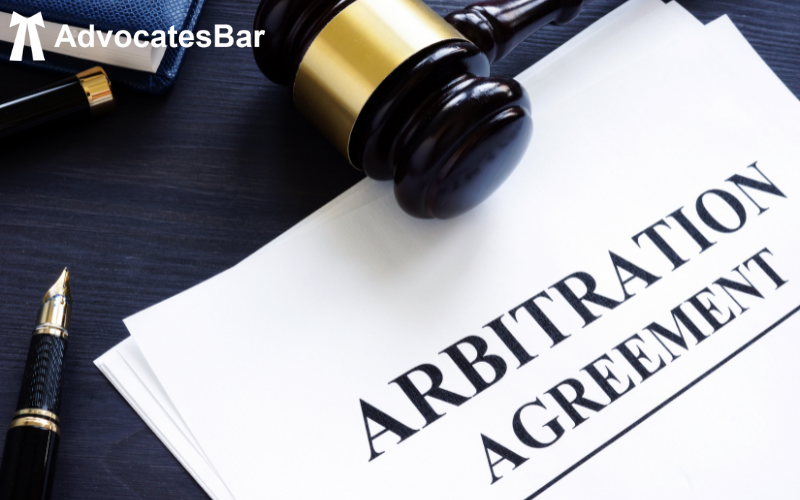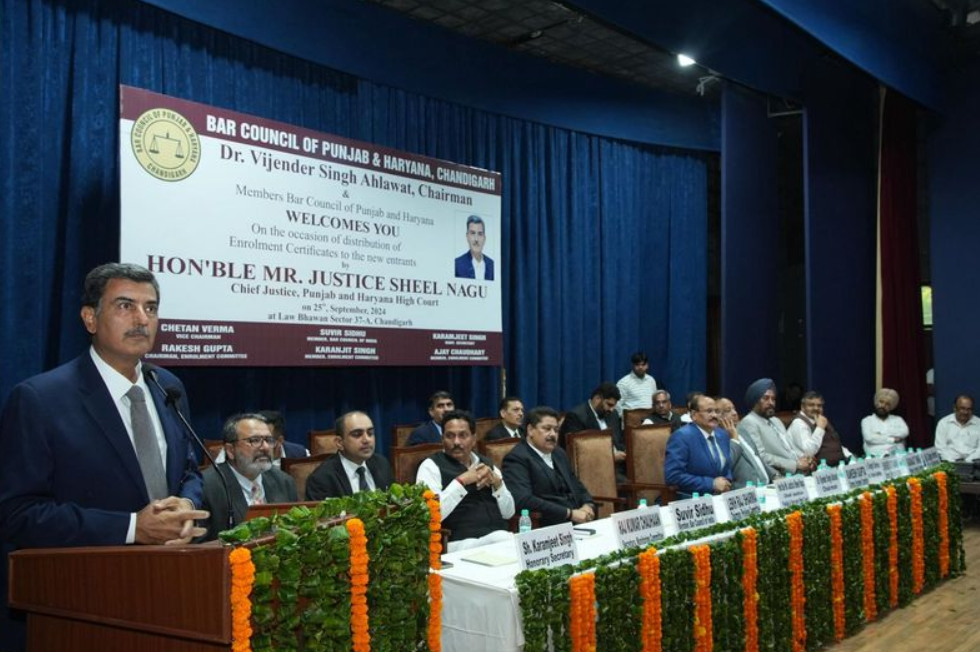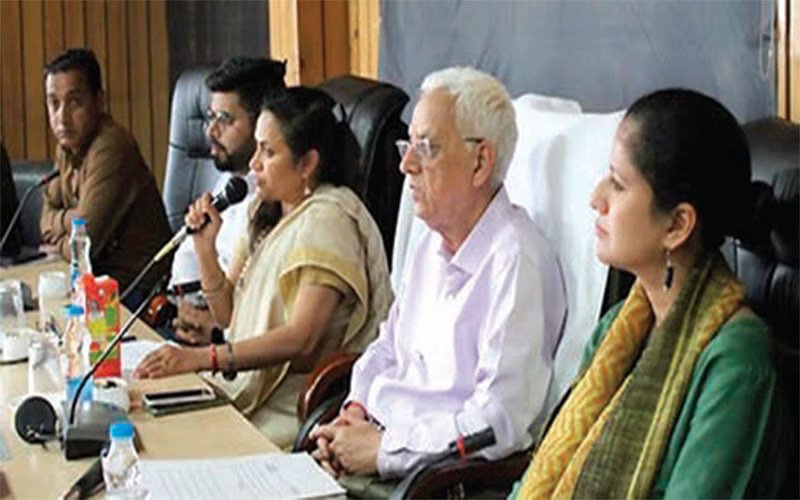Arbitration Agreements: Crafting Fair And Effective Dispute Resolution
Arbitration agreements are an important element of numerous contracts and business connections. They can be used to efficiently and fairly resolve controversies, but in order for them to be effective, they must be well- drafted. Casting effective arbitration agreements requires an understanding of the laws and regulations that govern them as well as a deep knowledge of the environment in which the disagreement resolution process will take place.
In this blog post, we will bandy the significance of casting fair and effective arbitration agreements in order to insure that controversies are handled snappily and effectively.
1. The Benefits and downsides of Arbitration Agreements 
Arbitration agreements offer several benefits and downsides for parties involved in a disagreement. On the positive side, arbitration is frequently briskly and less precious than going to court. The process can be more streamlined and effective, allowing parties to avoid lengthy court proceedings and inordinate legal freights. also, arbitration offers further sequestration and confidentiality, as the proceedings aren’t open to the public like court trials. Arbitration agreements also allow parties to have further control over the disagreement resolution process.
They can choose the adjudicator or panel of judges who’ll hear their case, which can give a sense of impartiality and moxie. Parties can also customise the arbitration process to meet their specific requirements, similar as setting timelines, discovery rules, and choosing the governing law. still, there are downsides to arbitration agreements as well. One of the main enterprises is the implicit lack of appeal options. Unlike court opinions, arbitration awards are generally final and list, with limited openings for appeal.
This lack of appeal can be problematic if a party feels the adjudicator made an incorrect decision or failed to consider applicable substantiation. Another concern is the eventuality for bias or unfairness in the arbitration process. While judges are supposed to be unprejudiced, there’s a threat that they may have conflicts of interest or impulses that could impact their decision- timber. also, arbitration may not offer the same position of due process protections as court proceedings, which could be a disadvantage for some parties.
Overall, arbitration agreements have both benefits and downsides. It’s important for parties to precisely consider these factors and assess whether arbitration is the most suitable system of disagreement resolution for their specific requirements.
2 .Crucial rudiments to Consider When Casting an Arbitration Agreement 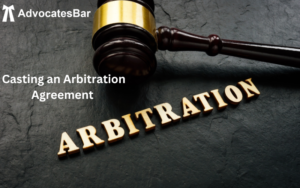
When casting an arbitration agreement, there are several crucial rudiments that parties should consider to insure fairness and effectiveness. First, it’s important to easily define the compass of the agreement. This includes relating the types of controversies that will be subject to arbitration and specifying any limitations or exceptions. This will help avoid confusion and implicit controversies over the compass of the agreement in the future. Alternate, parties should precisely elect the arbitration rules that will govern the proceedings.
Different arbitration institutions and associations have their own set of rules and procedures. It’s essential to choose rules that are applicable for the nature of the disagreement and the asked position of formality. Third, the agreement should include vittles for the selection and appointment of judges. Parties should consider the qualifications and experience that they want the adjudicator to retain, as well as any limitations on implicit judges, similar as conflicts of interest.
Fourth, the agreement should outline the procedural aspects of the arbitration, including timelines for submitting substantiation, conducting sounds, and rendering the award. This will help insure an effective and systematised process. Incipiently, parties should include vittles for the enforcement and perpetration of the arbitration award.
This includes specifying the governance for enforcement and any necessary quitclaims or warrants. By precisely considering these crucial rudiments when casting an arbitration agreement, parties can enhance the fairness and effectiveness of the disagreement resolution process.
3. Stylish Practices for Drafting a Fair and Effective Arbitration Agreement 
When it comes to drafting a fair and effective arbitration agreement, there are several stylish practices to consider. First and foremost, it’s pivotal to easily define the compass of the agreement. This means specifying the types of controversies that will be subject to arbitration and any limitations or exceptions. Clarity in this area will help help unborn confusion and controversies over the compass of the agreement. Secondly, parties should precisely elect the arbitration rules that will govern the proceedings.
Different arbitration institutions and associations have their own set of rules and procedures, so it’s important to choose rules that are applicable for the nature of the disagreement and the asked position of formality. Thirdly, it’s vital to precisely consider the selection and appointment of judges. Parties should assess the qualifications and experience they ask in an adjudicator, and also take into account any implicit limitations, similar as conflicts of interest.
also, the agreement should include vittles for the procedural aspects of the arbitration, similar as timelines for submitting substantiation, conducting sounds, and rendering the award. This will help insure an effective and systematised process. Incipiently, parties should include vittles for the enforcement and perpetration of the arbitration award.
This includes specifying the governance for enforcement and any necessary quitclaims or warrants. By following these stylish practices, parties can increase the liability of casting a fair and effective arbitration agreement that will efficiently and fairly resolve any controversies that may arise.
4. Common miscalculations to Avoid When Creating an Arbitration Agreement 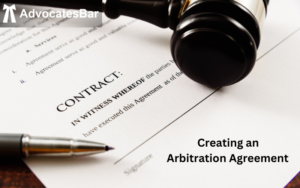
When creating an arbitration agreement, it’s important to avoid common miscalculations that could undermine its fairness and effectiveness. One common mistake is failing to easily define the compass of the agreement. Without a clear description, parties may argue over whether certain controversies are subject to arbitration, leading to detainments and fresh costs. Another mistake is choosing unhappy arbitration rules. Parties should precisely consider the nature of the disagreement and the asked position of formality when opting the rules that will govern the proceedings.
Using rules that aren’t suitable for the specific circumstances can lead to inefficiency and dissatisfaction. Parties should also be conservative when opting judges. It’s essential to assess their qualifications and experience and insure that they don’t have any conflicts of interest. Failing to duly vet judges can compromise the impartiality and fairness of the process.
In addition, parties shouldn’t overlook the significance of procedural vittles in the agreement. Clear timelines for submitting substantiation, conducting sounds, and rendering the award are pivotal to maintaining an effective and systematised process. Overall, by avoiding these common miscalculations, parties can produce an arbitration agreement that’s more likely to effectively and fairly resolve any controversies that may arise.
5. Administering Your Arbitration Agreement Tips for Success 
Enforcing an arbitration agreement is pivotal to insure that the disagreement resolution process proceeds easily and effectively. Then are some tips for successfully administering your arbitration agreement
- easily communicate the actuality of the arbitration agreement Make sure that all parties involved are apprehensive of the actuality of the arbitration agreement. This can be done by including a clear and prominent provision in the contract or by furnishing a separate document that outlines the arbitration agreement.
- save the agreement Keep a dupe of the inked arbitration agreement in a safe and fluently accessible place. This will help in case any controversies arise regarding the validity or terms of the agreement.
- Misbehave with the terms of the agreement Both parties should follow the procedures and guidelines set forth in the arbitration agreement. This includes submitting any needed documents or substantiation within the specified timelines and attending arbitration sounds as listed.
- Choose a estimable arbitration institution If the arbitration agreement specifies the use of a particular arbitration institution, make sure to choose one that’s well- established and admired. This will increase the liability of a fair and unprejudiced arbitration process.
- Seek legal backing if necessary If there are any controversies or challenges to the enforcement of the arbitration agreement, it may be helpful to consult with an attorney who specialises in arbitration law. They can give guidance and support throughout the enforcement process.
By following these tips, parties can increase the chances of successfully administering their arbitration agreement and achieving a fair and effective resolution to their disagreement.
Conclusion
In conclusion, casting fair and effective arbitration agreements is essential for efficiently and fairly resolving controversies. By precisely considering the benefits and downsides of arbitration agreements, parties can determine if arbitration is the stylish system of disagreement resolution for their specific requirements. When casting an arbitration agreement, crucial rudiments similar as easily defining the compass of the agreement, opting applicable arbitration rules, and precisely considering the selection and appointment of judges should be taken into account.
Also Read: Green Justice Prevails: A Deep Dive into the National Green Tribunal Act
Also Read: How To Take Your E-commerce Business To New Heights

